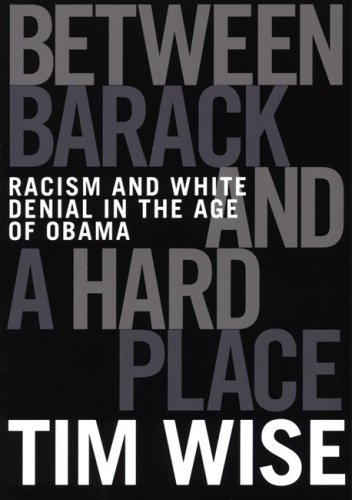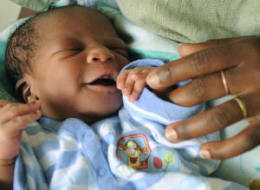This op-ed in the NY Times could not be a better summation of the recent Confederate History Month controversy. Admittedly, I do skim the news for this kind of op-ed piece that argues in favor of acknowledging that slavery did happen and that it was a fundamental reason for the civil war. Call me biased if you must. It is a guilty pleasure to read things with which I agree.
 There are many opportunities in this article to ask the question 'why?'. These are questions I have been asking myself for quite some time, and luckily I have chosen the right field of study to get such questions at least partially answered.
There are many opportunities in this article to ask the question 'why?'. These are questions I have been asking myself for quite some time, and luckily I have chosen the right field of study to get such questions at least partially answered. - Why are some so adamant about denying that slavery had a big role in the Civil War and the makeup of the Confederacy?
- Was the confederacy good for anyone besides the wealthy plantation owners?
- If John Lewis doesn't have evidence that someone called him an N-word, does that mean there's no longer racism in this country?
- If it was only spittle rather than a full spit that was aimed at Emmanuel Cleaver, does that mean that there's no longer racism in this country?
- Is racism over in this country because we're fine with homophobic slurs against white, not black congressmen?
- If this Tea Party movement is not against the rights and liberties of minority groups, shouldn't there be more minority groups represented in the Tea Party?
- What is with the gun fixation?
- If a mob of African Americans were carrying side arms would people be ok with that?
- What is with the militia fixation?
- If African Americans were forming a militia would people be ok with that?
- What is with the Sarah Palin fixation?
- What is with the Glenn Beck fixation?
- Was Michael Steele not fired because he was black?
- Was Michael Steele hired because he was black?
- Does having a party that has 0 African American Congressman and 0 African American Governors think that race is not an issue because it has Michael Steele as the RNC chair, only appointed after Obama's campaign?
- Has too much been made about the issues of African Americans like 52% of the Tea Party protesters feel?
- Can one man be a socialist, a communist, a fascist, and a Nazi all at the same time?
- Do people know what it means to be a socialist, a communist, a fascist, and a Nazi?
- If the American flag acts as a prime for conservatism, is someone who is wearing a shirt with an American flag pattern really that conservative or is it just the salience talking?
- Could the American flag also act as a prime for racial bias?
- Is it wrong to be prejudiced against other people who might be prejudiced?
- Can one be prejudiced against an entire news network? cough cough Fox News cough
If someone has some answers, I would very much appreciate it.





Recent Comments